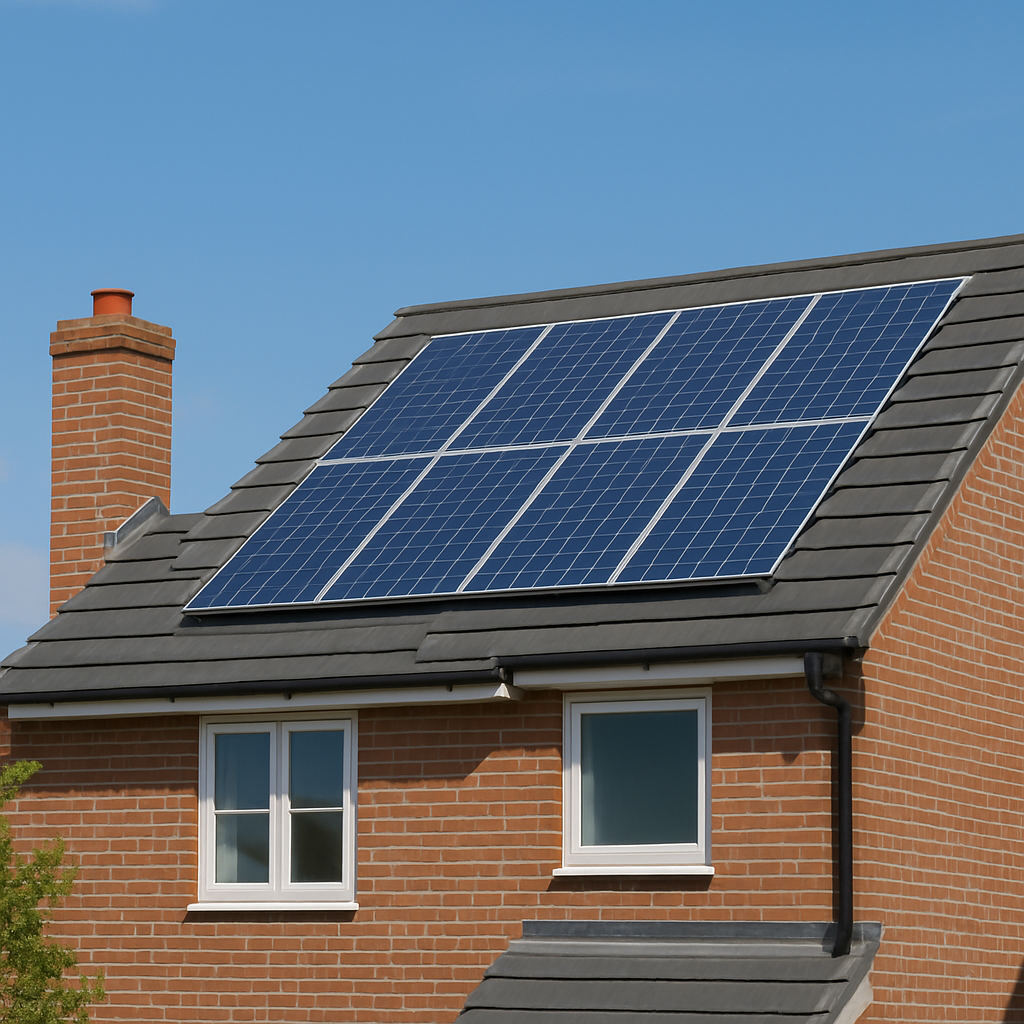

With rising energy prices and growing awareness about sustainable living, more UK homeowners are considering solar energy. But one of the most common questions is: How much do solar panels actually cost to install? Understanding the upfront investment, potential savings, and tools like a solar panel calculator can help you make an informed decision.
The cost of installing solar panels can vary depending on several factors, including the type of system, size, and property location. In the UK, the average cost of a 3kW solar PV system—the most common size for a small to medium household—is around £5,000 to £6,000. Larger systems, such as a 4kW or 5kW array, can cost between £6,500 and £8,000 or more.
While these figures may seem steep initially, it’s important to remember that this is a long-term investment. Solar panels typically have a lifespan of 25 to 30 years, with minimal maintenance costs, offering significant savings over time.
The more electricity you want to generate, the larger the system you’ll need. This directly impacts cost. A larger system also means more panels, more labour, and potentially more roof space required.
There are various types of panels available—monocrystalline, polycrystalline, and thin-film. Monocrystalline panels are the most efficient but also the most expensive. Polycrystalline panels offer a more affordable alternative but with slightly less efficiency.
If your roof is steep, shaded, or requires reinforcement, the installation will be more complex and costly. Some homes may need additional structural assessments or upgrades before panels can be fitted.
The inverter—responsible for converting solar energy into usable electricity—is another significant cost factor. Premium inverters come with longer warranties and higher efficiency, which can add to your initial investment.
A solar panel calculator is a practical tool that estimates how much you could save by installing solar panels. These online tools ask for basic information such as your postcode, roof orientation, average electricity usage, and system size preferences. Based on this, they can provide:
Estimated installation cost
Potential annual savings
Payback period
Reduction in carbon emissions
Using a solar panel calculator helps demystify the numbers and gives you a personalised overview of how beneficial solar could be for your specific property.
While the UK government’s Feed-in Tariff (FiT) scheme has ended, the Smart Export Guarantee (SEG) now allows households to earn money by exporting excess electricity back to the grid. This can help offset the initial installation costs and improve your return on investment.
Additionally, solar panels can reduce your electricity bill by up to 70%, depending on your energy use habits and system size. Over a 25-year period, this could translate into savings of several thousand pounds.
Yes—provided your home is suitable and you plan to stay for several years. The long-term savings on your energy bills, combined with the ability to earn through the SEG, make solar panels a worthwhile investment for many homeowners.
Moreover, installing solar panels can increase your property’s value and appeal, particularly as energy efficiency becomes a more significant factor for potential buyers.
When considering solar installation, choosing a certified and experienced installer is crucial. Look for companies accredited by the Microgeneration Certification Scheme (MCS), as this is often a requirement to access SEG payments.
Get multiple quotes, check reviews, and ensure you understand what’s included in the price—such as scaffolding, inverter warranty, and post-installation support.
There are several misconceptions about solar panel costs that can discourage homeowners from investing:
“Solar panels only work in sunny areas.” Not true—solar panels work even on cloudy days, though their efficiency is lower.
“They’re too expensive and don’t pay off.” Modern solar systems have become much more affordable, and savings start from day one.
“Maintenance is expensive.” Solar panels require very little maintenance; occasional cleaning and inverter checks are usually sufficient.
While the upfront cost of solar panels may seem high, tools like a solar panel calculator make it easier to see the long-term benefits. By understanding what affects installation costs and exploring incentives like the SEG, you can make an informed and financially sound decision.
As the UK continues its push toward renewable energy, solar panel installations are expected to rise. Investing now not only future-proofs your home but also supports a greener planet.
If you need help with this topic then please fill out the form below and we'll put you in touch with an expert architect local to you who can help. Alternatively you can email us: email us